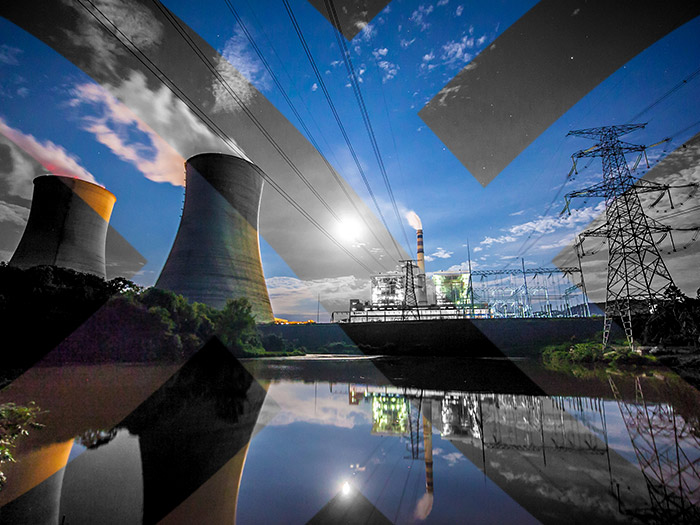Insights
better business decisions
Posted 3 years ago | 3 minute read

Ireland sets out energy security plans
Ireland has launched the National Energy Security Framework, which provides an overarching and comprehensive response to Ireland’s energy security needs in the context of the war in Ukraine.
Published on 13 April, the Strategy introduces a number of measures while sticking to Ireland’s goal of reducing carbon emissions by 51% by 2030 and sets out a “whole-of-government” response to energy security with a key focus on enhancing affordability. It includes new supports for households and businesses in reducing energy costs, while endorsing enhanced energy efficiency and speeding up the introduction of “indigenous renewable energy systems”.
Key measures announced included:
- Continuation of the excise duty reduction on petrol, diesel and marked gas oil until the Budget in October 2022,
- VAT will be reduced from 13.5% to 9% on gas and electricity bills from the start of May until the end of October,
- The Public Service Obligation Levy will be reduced to zero by October 2022
- A review and test of oil, natural gas and electricity emergency plans and procedures against scenarios of escalating severity in the context of the war in Ukraine and its impact
- Preparing the electricity system and plan for potential disruptions to supplies of natural gas and manage potential impacts on final electricity consumers
- Implement as a priority the programme of work set out by the Commission for Regulation of Utilities to ensure security of electricity supply
- Review existing business and public sector retrofit supports to accelerate delivery
- Enabling the public sector to lead by example in reducing energy demand, a coordinated programme of communications will be delivered to the sector, identifying the actions it could take to save energy
- Ensure the review of the Government Statement on the Role of Data Centres in Ireland’s Enterprise Strategy provides a strategic policy direction for data centres to reduce their burden on the grid and provide demand flexibility at peak times
- Work alongside SEAI’s Large Industry Energy Network to assess additional demand reduction and flexibility options, including consideration of peak demand reduction incentives and higher peak time network charges
- Review grid connection arrangements for renewable electricity projects and the development of system services to accelerate the growth in renewable electricity
- Accelerate investment in the electricity grid and the development of storage technologies
- Expand the rollout of renewable microgeneration including the implementation plan for the Clean Export Premium
- Prioritise the review of security of supply of Ireland’s electricity and natural gas systems
Mark Davis, GridBeyond’s Managing Director UK & Ireland said:
“Although this strategy is aimed at delivering short to medium term energy security, Ireland has an opportunity to be a world leader in the energy transition, but policy certainty is required to attract the investment needed. Appropriate market signals are needed for demand response and battery storage projects to mitigate for an aging conventional generation fleet and compensate the increase in renewable generation.”






